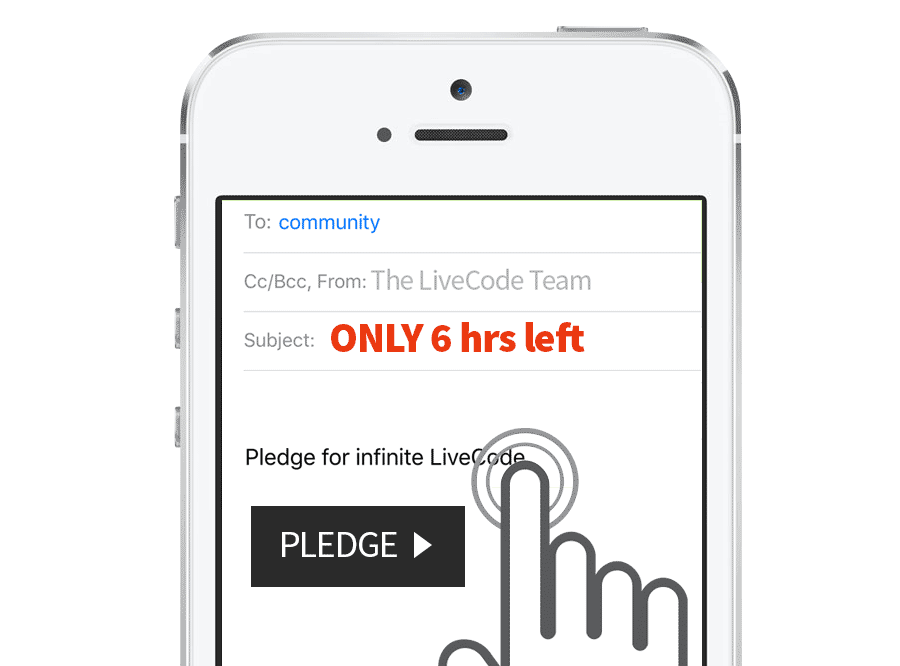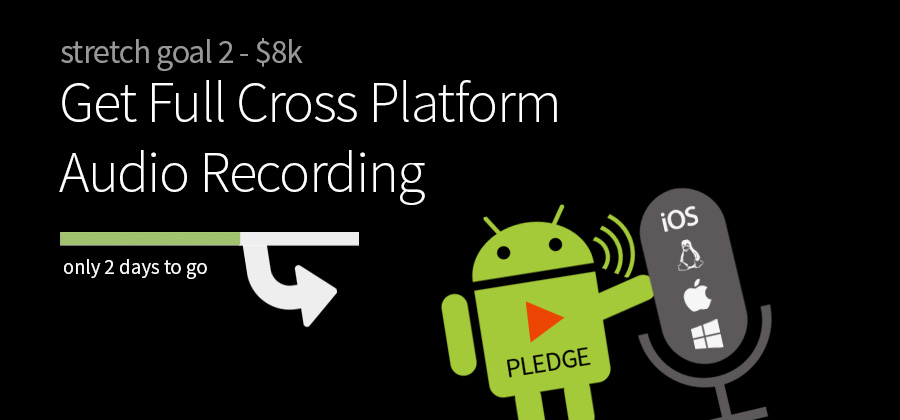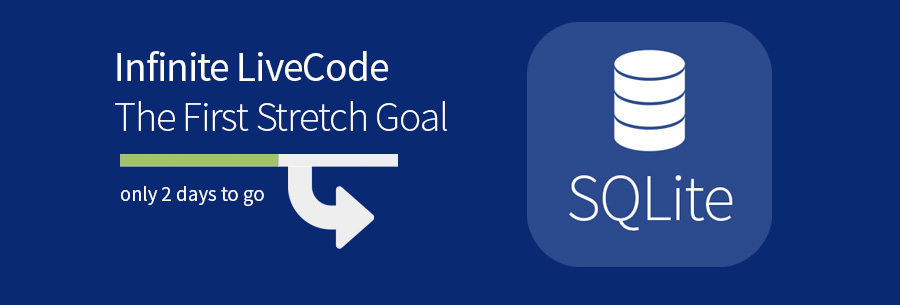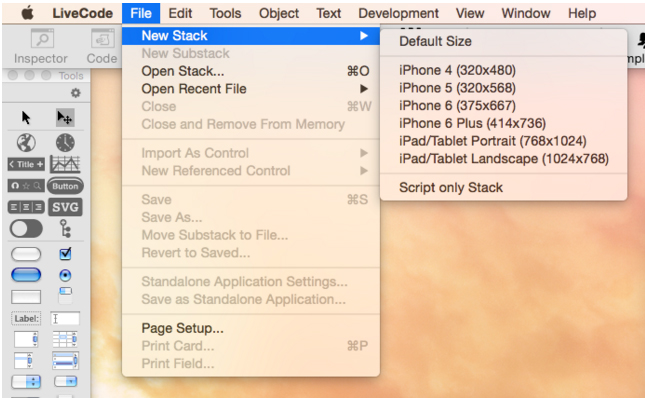I’m delighted to announce the release of LiveCode 10, dp-5.
Web Engine Size
This release includes the first iteration of the work we have been doing to reduce the download size of the web engine.
The (unicode related) data the engine needs to run has been split into three files – icu-core.dat, icu-iter.dat and icu-coll.dat.
The core data file is always downloaded, the engine will not run without it.
The coll data file is only downloaded if the browser does not have the necessary JavaScript collation APIs (recent versions of Chrome, Safari, Edge and Firefox do have the necessary features).
The iter data file is only downloaded if the browser does not have the necessary JavaScript segmentation APIs (recent versions of Chrome, Safari and Edge do have the necessary features).
The result is that the current minimum size of a LiveCode web app (when running on Chrome, Safari and Edge) has changed as follows:
- Uncompressed size has dropped from 23.6 Mb down to 15.7Mb
- Gzip compressed size has dropped from 10.6Mb down to 7.6Mb






Recent Comments